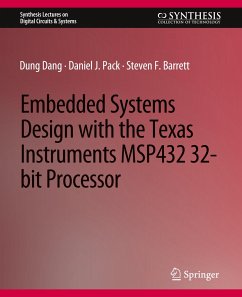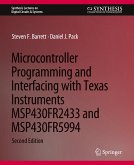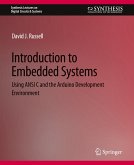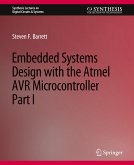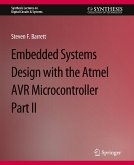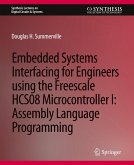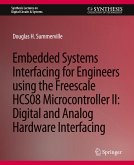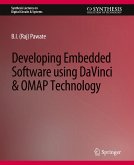This book provides a thorough introduction to the Texas Instruments MPS432(TM) microcontroller. The MPS432 is a 32-bit processor with the ARM Cortex M4F architecture and a built-in floating point unit. At the core, the MSP432 features a 32-bit ARM Cortex-M4F CPU, a RISC-architecture processing unit that includes a built-in DSP engine and a floating point unit. As an extension of the ultra-low-power MSP microcontroller family, the MSP432 features ultra-low power consumption and integrated digital and analog hardware peripherals. The MSP432 is a new member to the MSP family. It provides for a seamless transition to applications requiring 32-bit processing at an operating frequency of up to 48 MHz. The processor may be programmed at a variety of levels with different programming languages including the user-friendly Energia rapid prototyping platform, in assembly language, and in C. A number of C programming options are also available to developers, starting with register-level access code where developers can directly configure the device's registers, to Driver Library, which provides a standardized set of application program interfaces (APIs) that enable software developers to quickly manipulate various peripherals available on the device. Even higher abstraction layers are also available, such as the extremely user-friendly Energia platform, that enables even beginners to quickly prototype an application on MSP432. The MSP432 LaunchPad is supported by a host of technical data, application notes, training modules, and software examples. All are encapsulated inside one handy package called MSPWare, available as both a stand-alone download package as well as on the TI Cloud development site: dev.ti.com The features of the MSP432 may be extended with a full line of BoosterPack plug-in modules. The MSP432 is also supported by a variety of third party modular sensors and software compiler companies. In the back, a thorough introduction to the MPS432 line of microcontrollers,programming techniques, and interface concepts are provided along with considerable tutorial information with many illustrated examples. Each chapter provides laboratory exercises to apply what has been presented in the chapter. The book is intended for an upper level undergraduate course in microcontrollers or mechatronics but may also be used as a reference for capstone design projects. Practicing engineers already familiar with another microcontroller, who require a quick tutorial on the microcontroller, will also find this book very useful. Finally, middle school and high school students will find the MSP432 highly approachable via the Energia rapid prototyping system.
Bitte wählen Sie Ihr Anliegen aus.
Rechnungen
Retourenschein anfordern
Bestellstatus
Storno

